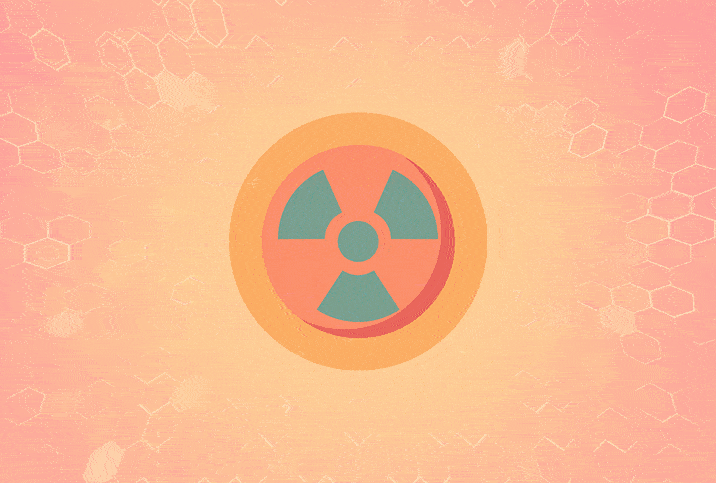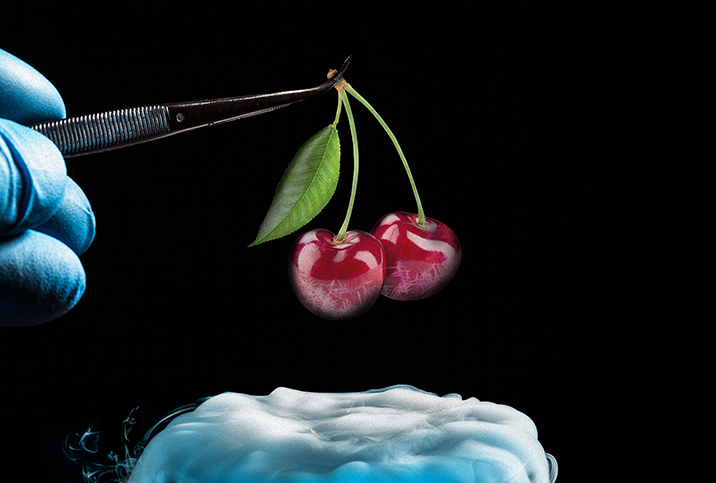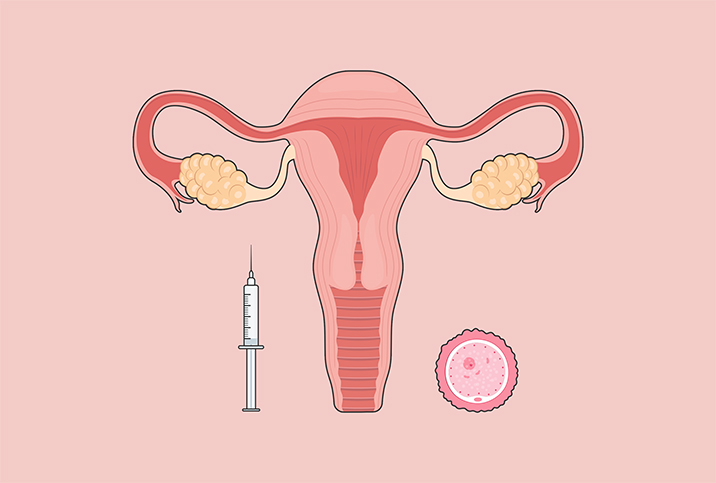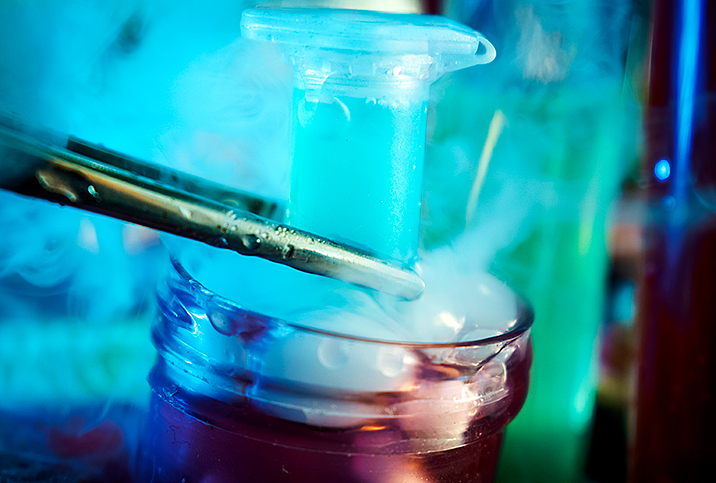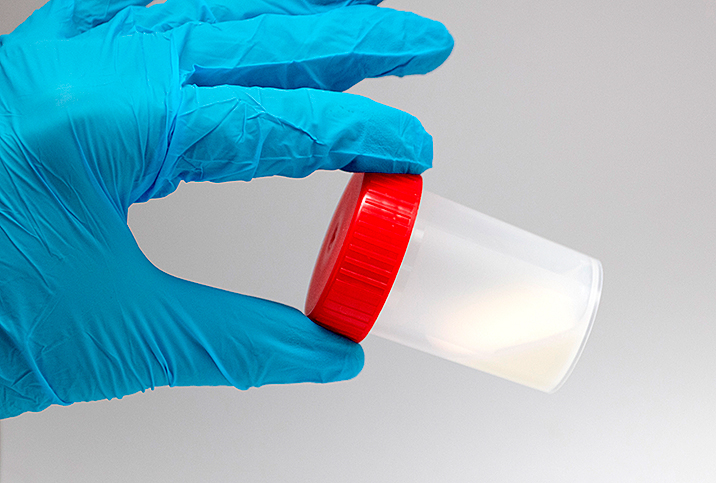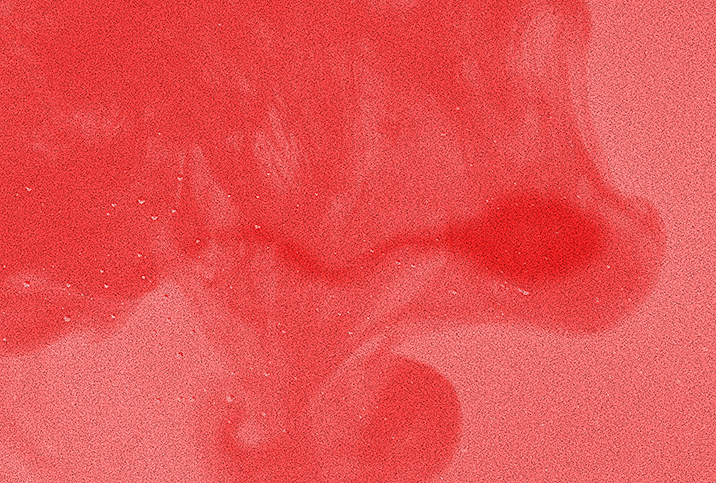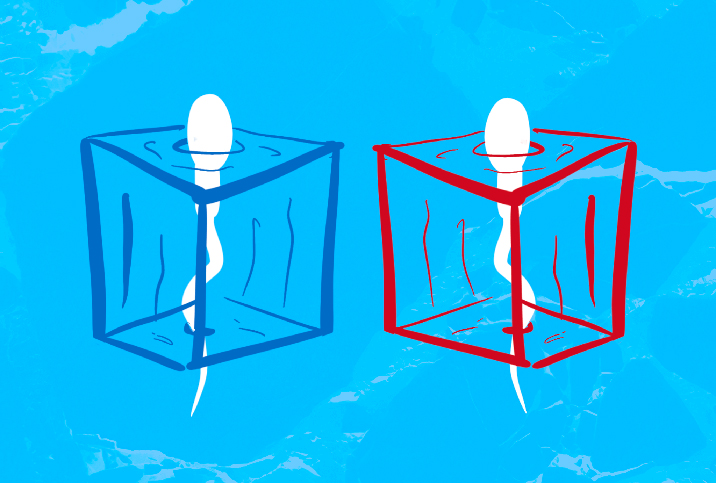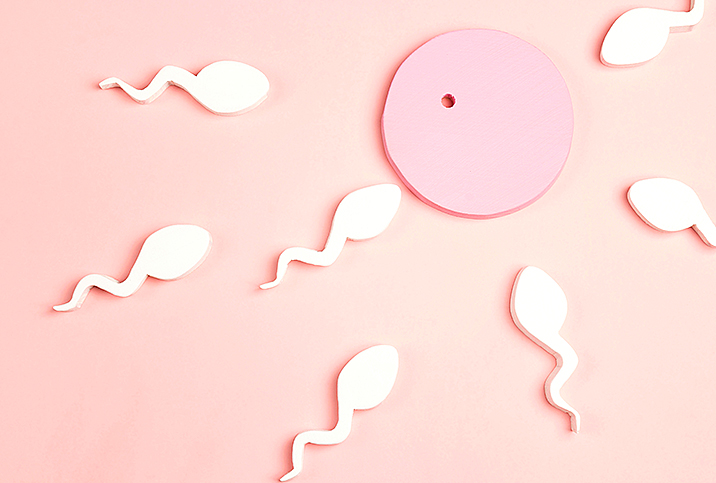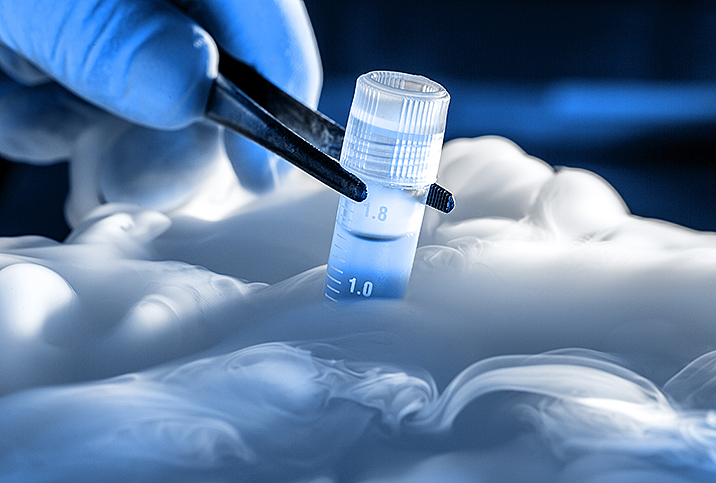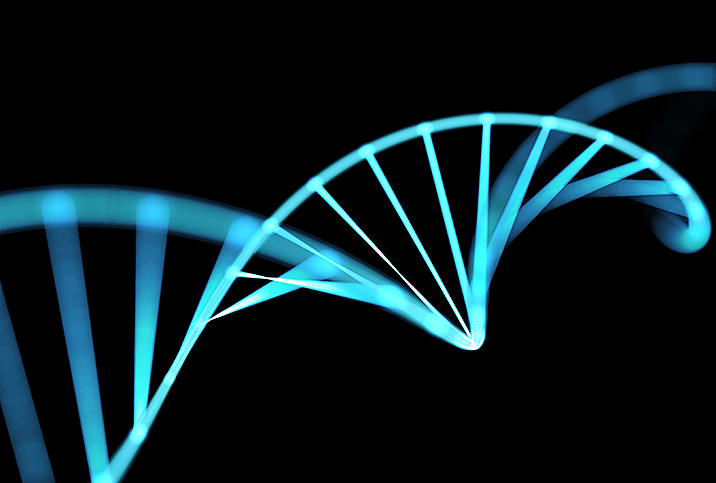If post-treatment fertility is an issue, take measures to preserve your chances to be a father.
By Helen Massy
Freezing testicular tissue is developing as an option for prepubescent boys—and some adults.
Orchiectomy is still the gold standard, but some men can retain part of their affected testicle.
A man's fertility status post-chemo depends on a lot of factors, but parenthood is possible.
Reactions to radiation, chemotherapy or surgery vary, so educate yourself about what's coming.
By David Hopper
For couples with male-factor infertility, IUI and ICSI are good alternatives to traditional IVF.
By Helen Massy
To preserve fertility in the face of cancer or other issues, freezing some swimmers is smart.
By Helen Massy
Here's what you should know if you're thinking of reversing 'the snip': It doesn't always work.
By Anna Herod
Caught early, bladder cancer is highly treatable. But other factors may affect your fertility.
Learn how to protect your ability to have children before, during and after treatment.
By Sarah Morris
Know what factors to consider when choosing your sperm donor.
Sperm banks are an option to freeze sperm for future use, but get some facts straight first
By Eric Schad
These unpredictable attackers are a significant but often beatable factor in infertility.
By Jason Crosby
Cancer has men thinking about their future children—whether they planned to have them or not.
A clinical setting isn't a big turn-on, so use our tips for getting this important job done.
Fertility preservation may be the key to having a family after cancer treatment.
Anonymous sperm donation is quickly becoming outdated, challenging the relevance of sperm banks.
Insemination kits offer a convenient option for infertile couples and others who want children.
Some common viewpoints about sperm banks and donors are downright false. Here are the facts.
By Jason Crosby
Consumer-based genetic testing is adding a new wrinkle to the issue of sperm-donor privacy.
By Jason Crosby
A journey of ancestral discovery can have some unwanted detours but a rewarding destination.






